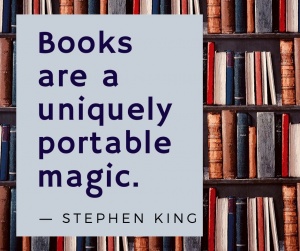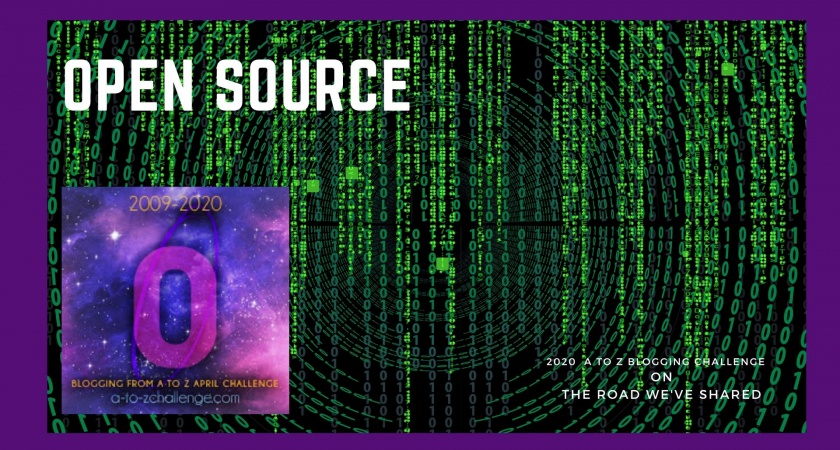“Open source” is a great term to get acquainted with – especially these days. As consumers of information we try to select the best resources, whether it be unbiased news and science information that we can trust, or fun and educational resources to keep our family members engaged and entertained.
“Open source” in the strictest sense, refers to software:
“Open-source software is a type of computer software in which source code is released under a license in which the copyright holder grants users the rights to study, change, and distribute the software to anyone and for any purpose. Open-source software may be developed in a collaborative public manner.” Wikipedia
Over time, the term has gained a broader meaning:
“The term originated in the context of software development to designate a specific approach to creating computer programs. Today, however, “open source” designates a broader set of values—what we call “the open source way.” Open source projects, products, or initiatives embrace and celebrate principles of open exchange, collaborative participation, rapid prototyping, transparency, meritocracy, and community-oriented development.” – opensource.com
For our purposes here, we’ve been using the term to describe resources that the creators intend to be used for free. When we curate information like this month’s A to Z Blogging YouTube resources, we try to use only original content (not re-posted illegally) or curated lists of free material from trusted sources.
With that out of the way, we also understand that our community spans a very large spectrum of interests and education level. When we offer resources we try to include everyone. To that end lets look at some open source  materials that can be used in different ways to involve any learner. Some of the resources have been available for years, while others have been created or opened in response to COVID-19,
materials that can be used in different ways to involve any learner. Some of the resources have been available for years, while others have been created or opened in response to COVID-19,
Project Gutenberg is a free library with over 60,000 free eBooks on different reading levels.
And YouTube has put together helpful resources like the ones from our favorite furry friends who can speak to people of any background and intellectual level –
The folks at SesameStreet.org have created activities to “spark playful learning, offer children comfort, and focus a bit on yourself,” during the current crisis.
So, this is the wordiest post this month. I promise.
For sticking with me I’ll leave you with a favorite from a few years back.
I’m happy to be sharing with you for the 7th year of the A to Z Blogging Challenge. I hope you’ll follow along.

